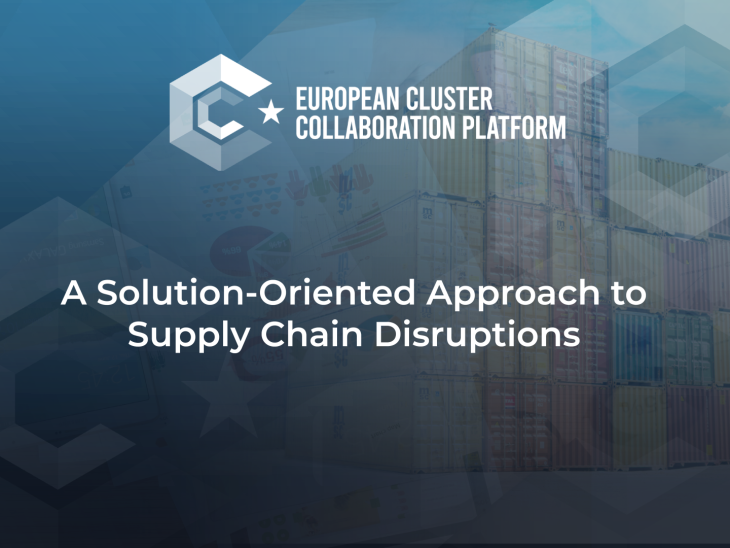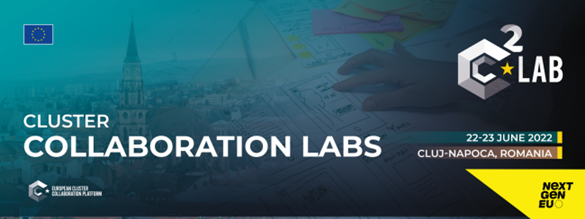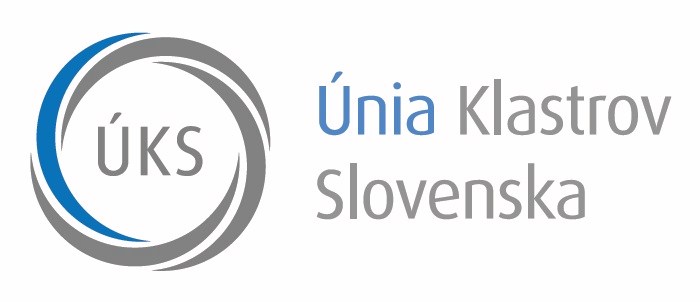Do you have a great idea to solve current challenges in our European supply chains?
Tell the European Commission about it! The best proposals will be carefully studied by their policy makers. Fill out the survey.

Do you want to work on that idea with others?
Then welcome to the C2Lab! They help you in finding the right companies and clusters as project partners and offer you an interactive workshop to develop together the roadmap to make your joint project happen. The European Cluster Collaboration Platform, a collaborative hub of the European Commission, is organising this first Cluster Collaboration Lab, also known as C2Lab, in Cluj-Napoca, Romania, on 22 and 23 June 2022.
Companies, clusters, financial providers, actors from the civil society, and other interested entities will have the possibility to meet new potential partners, team up within or across regions or countries, and develop together a roadmap for their next projects. It is a great opportunity to shape project ideas, find the partners you need, and determine how to finance your new projects.
Express your interest until 13 June and register on the link.

How does the C2Lab work?
The C2Lab is a co-creation space. It is an interactive workshop to develop project roadmaps with other participants in the lab, who could be from other regions, countries, or sectors. Based on your interests, the C2Lab team will create working groups that would like to tackle similar challenges. During the lab, an expert moderation team will guide the working groups and support with the definition of next steps to put your ideas into practice. The project roadmaps developed at the C2Lab should define solutions to the most critical disruptions in European supply chains, e.g. issues related to logistics, energy, raw materials and metals, wood, agri-food, construction, electronics, medical supplies, or skills.


